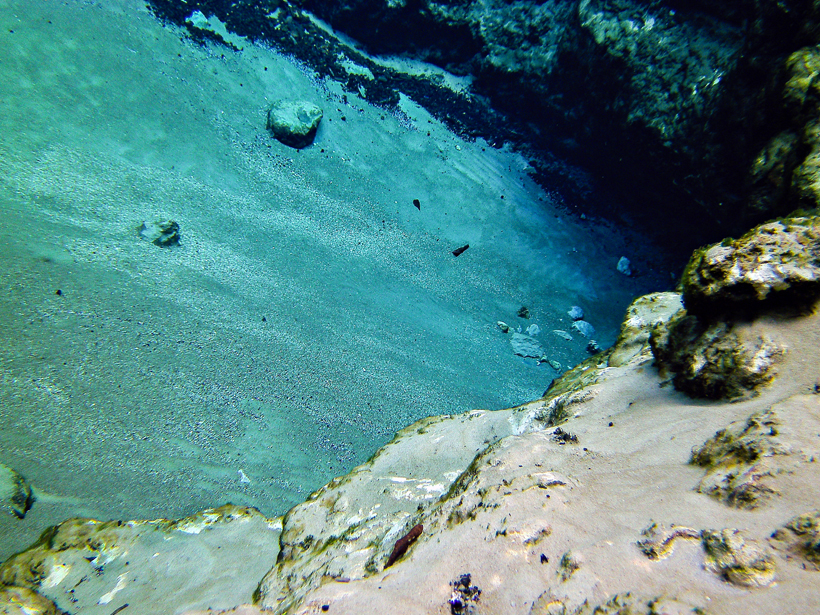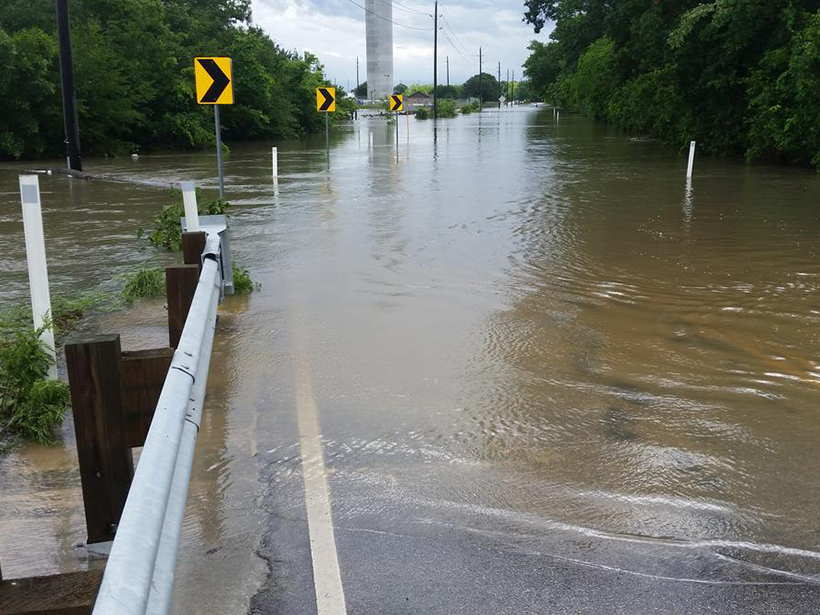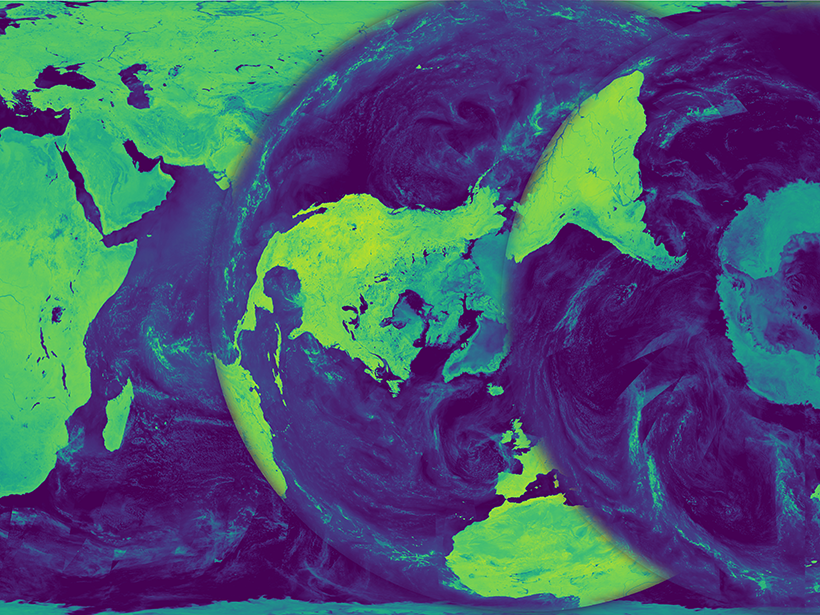Author Brian Berkowitz answers questions about his recently published article and the scientific and societal implications of his findings.
CC BY-NC-ND 2016
Ellen R. M. Druffel Receives 2016 Roger Revelle Medal
Ellen R. M. Druffel was awarded the 2016 Roger Revelle Medal at the American Geophysical Union Fall Meeting Honors Ceremony, held on 14 December 2016 in San Francisco, Calif. The medal is for "outstanding contributions in atmospheric sciences, atmosphere-ocean coupling, atmosphere-land coupling, biogeochemical cycles, climate or related aspects of the Earth system."
White House Issues Ambitious Arctic Research Plan
The plan focuses on improving the well-being of Arctic residents and better understanding the components of the Arctic system.
The Curious Case of Titan’s Missing Clouds
Two instruments, one region on Titan: One instrument saw clouds, the other didn't—what's going on?
Alex Halliday Receives 2016 Harry H. Hess Medal
Alex Halliday was awarded the 2016 Harry H. Hess Medal at the American Geophysical Union Fall Meeting Honors Ceremony, held on 14 December 2016 in San Francisco, Calif. The medal is for "outstanding achievements in research on the constitution and evolution of the Earth and other planets."
It’s Not Just Fracking: New Database of Human-Induced Quakes
In the largest compilation of anthropogenically induced earthquakes, causes range from building water reservoirs to mining.
How Global Warming's Effect on Clouds May Make It Rain Harder
More clustering of clouds due to higher temperatures increases the likelihood of heavy downpours.
Thomas Dunne Receives 2016 Robert E. Horton Medal
Thomas Dunne was awarded the 2016 Robert E. Horton Medal at the American Geophysical Union Fall Meeting Honors Ceremony, held on 14 December 2016 in San Francisco, Calif. The medal is for "outstanding contributions to hydrology."
Tracking Trends in U.S. Flood Risk
As floods become more frequent around the globe, scientists work to pinpoint what puts certain regions at risk.
Bringing Earth's Microwave Maps into Sharper Focus
New processing capabilities improve the spatial resolution of satellite microwave data, enabling scientists to analyze trends in coastal regions and marginal ice zones.







